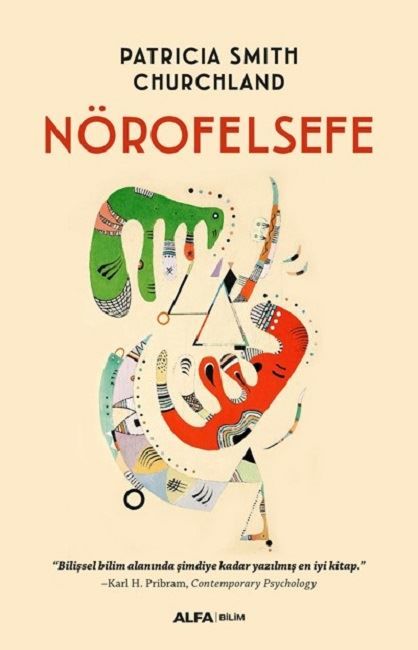
Nörofelsefe
“Yirminci yüzyıl tarihin en kanlı dönemiydi” iddiası, ateizm, Darwin, devlet yönetimi, bilim, kapitalizm, komünizm, ilerleme ideali ve erkek cinsiyetin de aralarında bulunduğu pek çok şeytan itham edilirken başvurulan klişelerden biri. Peki ama bu doğru mu? Pinker tam tersini savunuyor. Avcı-toplayıcı toplumların, ilkel kabilelerin ya da “devletsiz toplulukların” insan öldürmeye daha az eğilimli oldukları şeklindeki klişe, pek çok istatistiksel veriyle çürütülüyor. Peki insanın doğası iyi mi kötü mü? Şiddetin kaynağı ekonomik eşitsizlik mi? Yoksulluk arttıkça insanlar şiddete daha mı eğilimli oluyorlar? Oysa 1960’larda şiddetin zirve yaptığı dönemde Batı toplumlarında eşitsizlik katsayısı hiç olmadığı kadar minimumdaydı. İçimizdeki kötülüğü açığa çıkaran eşitsiz toplum mu yoksa doğuştan mı kötüyüz? Hobbes ile Rousseau arasındaki yüzyıllardır süren bu tartışmayı Pinker bir üst boyuta taşıyarak, modern analizlerle aydınlatıyor. Hümanist devrimin insanı ehlileştirdiğini savunan Pinker, Aydınlanmanın insanın doğasının iyi tarafını nasıl ortaya çıkardığını göstererek, kimi Aydınlanma düşmanlarının saldırılarının geçersizliğini ispatlıyor.
“Olağanüstü önemli bir kitap.”
–The New York Times Book Review
(Tanıtım Bülteninden)
Hamur Tipi : 2. Hamur
Ebat : 14 x 21
İlk Baskı Yılı : 2019
| Yayınevi | : | Alfa Yayıncılık |
| ISBN | : | 9786051719474 |


